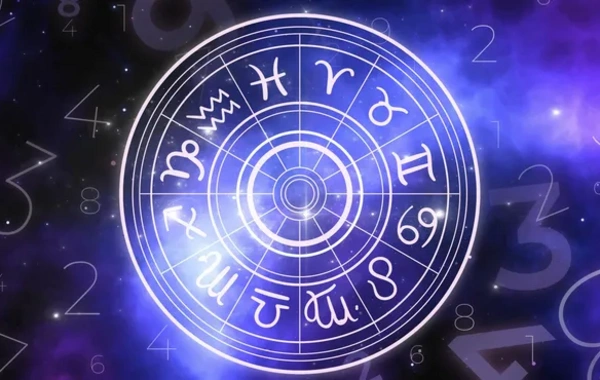Scientists have discovered how the brain predicts the future

Imagine a boxer dodging a punch, a musician hitting the exact note, or a driver who feels the traffic light change in advance. All this is possible thanks to the unique ability of the brain to predict the future. German neurobiologists have uncovered the mechanisms of this process and published the results in the journal Nature Communications.
At the center of the research is a key parameter that determines our ability to predict events: probability in time. It is reflected in brain activity at frequencies of alpha (7-12 Hz) and beta waves (15-30 Hz).
"Our data show that brain rhythms in these ranges help predict the moment of future events. The more predictable an event is, the stronger the neural oscillations, which allows for faster and more accurate responses," explains Matthias Grabenhorst, the first author of the study and a researcher at the Ernst Strüngmann Institute for Neuroscience.
Using magnetoencephalography, scientists identified three key brain areas responsible for prediction:
-
Posterior parietal cortex - controls time perception and preparation for movement.
-
Posterior middle temporal gyrus - plays an important role in processing temporal information.
-
Sensorimotor cortex - coordinates movements in response to predicted events.
These discoveries can significantly influence our understanding of attention mechanisms, decision-making, sports achievements, and neurological disorders.
"The research opens new horizons in studying the role of brain rhythms in time perception and event prediction. In the future, such rhythms could be used for brain training, improving the ability to predict. And their disruptions may explain why, for example, in ADHD or Parkinson's disease, time perception and reaction speed change," notes the senior author of the work, Georgios Michalareas from Goethe University.
The study became part of a large project "Expectation of events in time", within which two scientific papers have already been published earlier.
Source: naukatv.ru
Similar News
What will happen to your body if you sleep less than 6 hours a day?
Modern life rhythm forces many to sacrifice sleep, but doctors warn: if you sleep less than 6 hours a day, your body begins to deteriorate. Sleep deprivation af...




 Azərbaycanca
Azərbaycanca  По-русски
По-русски  English
English 




